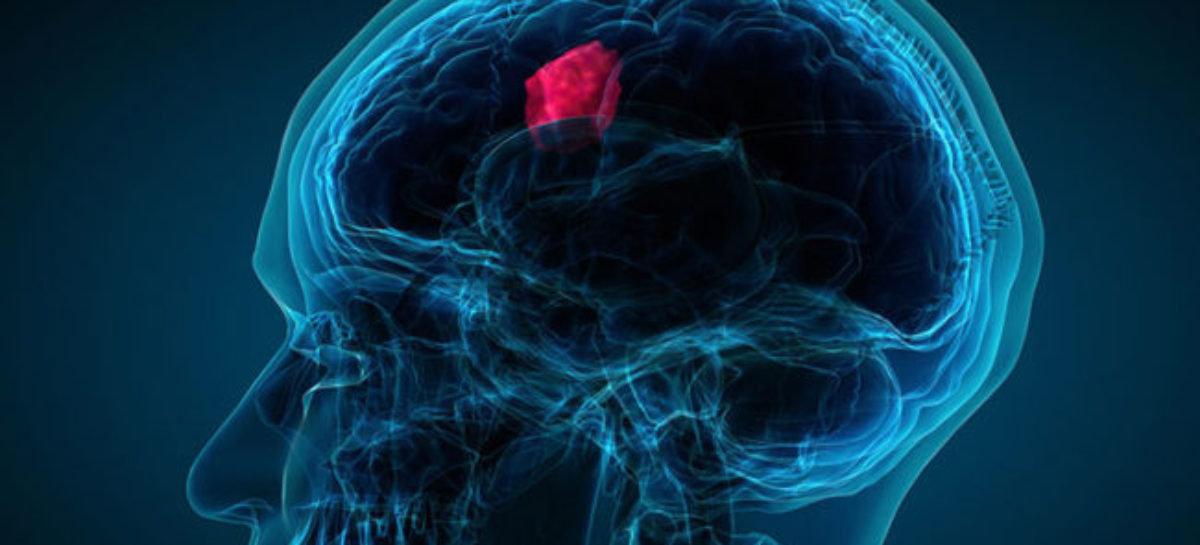According to various sources, every year 40,000-50,000 people are diagnosed with brain tumour in India. Of these, 20 percent are children. According to the Brain Tumour Foundation of India, brain tumour is the second most common cancer among children after leukaemia. According to the Globocan 2018 report issued by the International Association of Cancer Registries (IARC), affiliated to the WHO, an estimated 28142 new cases of brain tumour are reported every year in India, out of which, 24003 result in death.
With brain tumours being so common, it’s good to be aware of the signs and symptoms. This can help save a life, as early detection improves the chances of cure.
Headaches
Although not always the first feature of a brain tumour, headache is a well-known symptom of a brain tumour. While headache can have many familiar causes such as migraine, stress, sleep loss, fatigue, hunger, caffeine withdrawal, stopping certain medication, and weather changes, it’s the pattern that alerts to more important problems. Brain tumour patients tend to have a severe headache in the morning. They worsen with time, may become more frequent, and the timing or pattern of headaches may keep changing. The pain is often severe when you exercise, cough or change of position of head.
Nausea and vomiting
Nausea and vomiting can be caused by many conditions such as gastritis, viral fevers, pregnancy, many drugs and particularly so by chemotherapy for cancers. It can also occur with brain tumours as an early feature.
Seizures
Seizures have many causes- they can be caused by epilepsy, infections, trauma, stroke, alcohol withdrawal, drug toxicity or withdrawal, and brain diseases other than tumour. But it is also one of the earliest signs of brain tumour. Seizures happen because, as the tumour grows, it can exert pressure on certain nerve cells in the brain. This interferes with their electrical signals and results in a seizure.
Motor or movement-related
- Changes in ability to walk or perform daily activities
- Loss of balance and difficulty with movement in the hands, legs and feet (linked to a tumour in the cerebellum)
- Gradual loss of sensation or movement in an arm or leg
- Inability to look upward (linked to pineal gland tumour)
- Unusual growth in hands and feet in adults (linked to pituitary tumour)
- Clumsiness with hands and legs such a fumbling with objects, losing balance
Facial and sensory
- Blurry vision, double vision
- Partial loss of vision, loss of peripheral vision
- Seeing floating spots, shapes or an aura
- Difficulty in speaking and swallowing
- Partial loss of hearing
- Facial weakness or numbness
Psychological or behaviour related
- Rapid changes in emotional state, such as aggressiveness one moment and calm nature the next moment
- Feeling sad, lonely, depressed and suicidal
- Loss of interest in things you used to enjoy
- Lack of energy, trouble sleeping, insomnia
- Thoughts of self-harm or suicide
- Feelings of guilt or worthlessness
Cognitive or thinking related
- Difficulty in retrieving or remembering words, faces, names
- Short-term memory loss
- A state of confusion about simple matters
- Changes in judgment, including loss of initiative and sluggishness
- It’s hard to concentrate, and you’re easily distracted
- You can’t multitask and have trouble planning anything.
Weakness or Numbness
- Muscle jerking or twitching
- Facial weakness or numbness
- Numbness or tingling in the arms or legs
- Altered perception of touch or pressure
- Weakness in a limb on one side of the body
- Confusion with left and right sides of the body
- Muscle weakness and/or paralysis
Others
- Fatigue and drowsiness
- Loss of consciousness
- Loss of bladder control
- Feeling completely exhausted most or all of the time.
- Feeling weak overall and limbs feeling heavy.
- Falling asleep in the middle of the day.
- In women, sudden lactation and changes in menstrual cycles
Seek medical help
None of the above symptoms are unique to brain tumour and can be signs of other ailments or disorders. Only a doctor is best qualified to assess the underlying cause. Consult a
Neurology And Neuroscience Specialist in a reputed hospital. He/she will have access to advanced investigations to diagnose the underlying condition, and once brain tumour is confirmed, he/she will follow the most suitable form of treatment.
Kauvery Hospital has earned a name for high quality of service and superlative medical expertise. If you or any of your near and dear ones are displaying any of the above symptoms, call us on the below numbers. We will rush an ambulance to your location and once admitted, we will pursue the right course of treatment for most optimal outcomes.
Kauvery Hospital is globally known for its multidisciplinary services at all its Centers of Excellence, and for its comprehensive, Avant-Grade technology, especially in diagnostics and remedial care in heart diseases, transplantation, vascular and neurosciences medicine. Located in the heart of Trichy (Tennur, Royal Road and Alexandria Road (Cantonment), Chennai, Hosur, Salem, Tirunelveli and Bengaluru, the hospital also renders adult and pediatric trauma care.
Chennai – 044 4000 6000 • Trichy – Cantonment – 0431 4077777 • Trichy – Heartcity – 0431 4003500 • Trichy – Tennur – 0431 4022555 • Hosur – 04344 272727 • Salem – 0427 2677777 • Tirunelveli – 0462 4006000 • Bengaluru – 080 6801 6801



